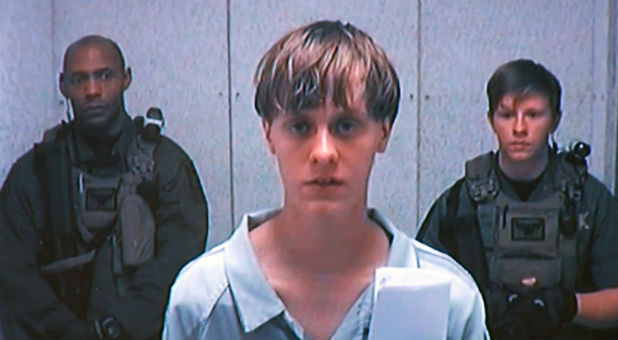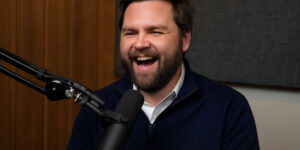Dylann Roof Scouted Other Churches Before Executing 9 at Emanuel AME
Investigators searching the car of South Carolina church shooting suspect Dylann Roof last year found handwritten lists of mostly black parishes around the state, including the one attacked, jurors at his death penalty trial learned on Monday.
Roof, an avowed white supremacist, has confessed he targeted the historic Emanuel African Methodist Episcopal Church in Charleston because he knew black people would be gathered there. Nine people died in the June 2015 shooting at a Bible study meeting.
The significance of the other churches to Roof, 22, was not explained at the federal trial in Charleston.
State crime scene investigator Brittany Burke testified that the lists included other African Methodist Episcopal churches, a predominantly black Baptist church and a black Roman Catholic church in Charleston.
Roof noted the addresses, phone numbers and hours for churches elsewhere in the state as well, Burke said.
Jurors also heard excepts from Roof’s online manifesto, where he criticized minorities and Jews.
Two months before the shooting, Roof purchased a pistol and stockpiled ammunition, a South Carolina gun store manager testified.
Security video showed Roof shopping and filling out a background check form at Shooter’s Choice in West Columbia on April 11, 2015.
He returned on April 16 to pick up the .45-caliber Glock, which he is accused of using in the shooting, and to buy five magazines, each capable of holding 13 rounds, store manager Ronnie Thrailkill testified. Roof returned on April 27 for additional magazines.
By law, Shooter’s Choice was allowed to sell the gun to Roof after three days if a background check had not come back.
On June 29, 2015, 12 days after the massacre, the store received notification of Roof being ineligible to buy the weapon, Thrailkill said.
Roof told police after an arrest at a mall in February 2015 that he used narcotics, an admission that should have led to the gun sale being blocked, Federal Bureau of Investigation Director James Comey has said.
“How many times do you receive a denial of the sale of a gun after the gun has been used in a crime?” Assistant U.S. Attorney Jay Richardson asked on Monday.
“Never,” Thrailkill said.
Roof’s lawyers have not disputed his guilt but hope to spare him from being executed on charges of hate crimes resulting in death, obstruction of religion and firearms violations.
Roof also faces a death sentence if found guilty of murder charges in state court. That trial is slated for next year. {eoa}
© 2016 Thomson Reuters. All rights reserved.







































